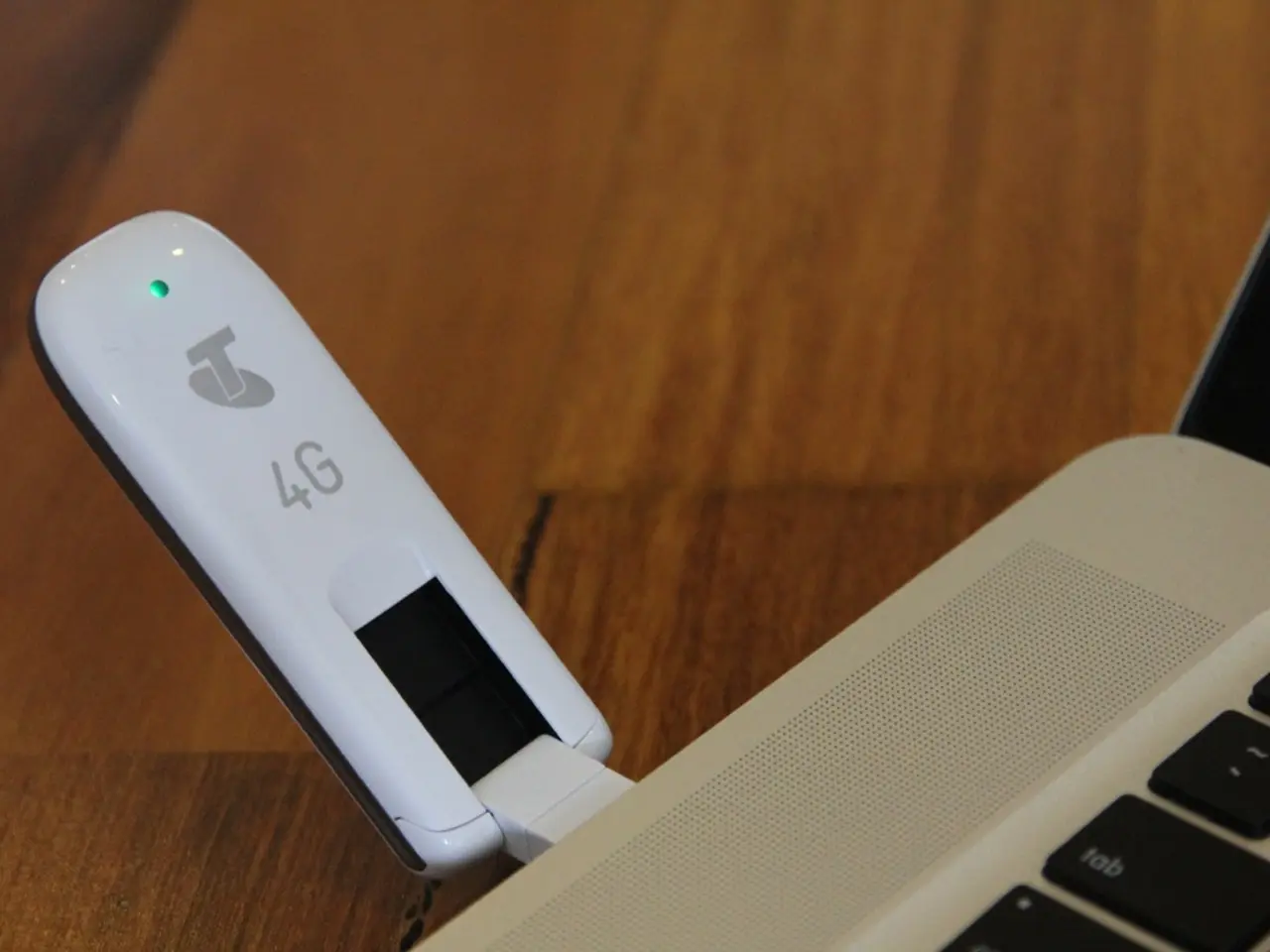Visa to initiate the launch of its inaugural data center in Africa
Africa's digital landscape is undergoing a significant transformation, with the continent hosting less than 2% of the world's total data center capacity. However, this scenario is poised to change as the growth in data centers signals a turning point for Africa, potentially making it a first-class digital market for AI, smart cities, and innovation.
The momentum for building data centers in Africa is undeniable, with Visa leading the charge by opening its first African data center in Johannesburg, South Africa. This move is symbolic of the mainstream acceptance of the Africa market and a potential catalyst for other global tech giants to follow suit.
The Johannesburg data center, a significant part of Visa's $1 billion Africa strategy, is designed to strengthen the local backbone for more than 350 million unbanked African adults. By processing local transactions without routing them halfway across the globe, the center aims to improve speed and reliability, thereby facilitating the shift from cash to digital payments for small businesses.
Moreover, the center is intended to prepare the network for AI-driven services like fraud detection, positioning Africa to reap the benefits of advanced digital technology. The demand for data about African citizens to stay within their borders is driving this need for local data centers, making a local footprint required for companies like Visa.
The investment in the Johannesburg facility is approximately $54 million. This investment is not just about numbers, but about bridging the digital divide and providing Africans with faster, safer, and more local digital services.
However, the expansion of data centers in Africa is not without its challenges. Infrastructure issues such as power shortages and regulatory fragmentation pose significant hurdles in building data centers. Despite these challenges, the Africa data center market is projected to nearly double from its current $3.49 billion to $6.81 billion by 2030, growing at a CAGR of ~11.8%.
The expansion of data centers is not limited to Visa. Microsoft and Google are expanding their presence in Africa by partnering to build data centers in Kenya and Namibia, respectively. Airtel has recently started building a sustainable 44-MW data center in Tatu City, Kenya, marking a significant investment in East Africa's digital infrastructure.
However, there is a widening skills gap in Africa, with 68,000 cybersecurity roles remaining unfilled. As the digital landscape evolves, addressing this skills gap will be crucial in ensuring the sustainable growth of the data center market in Africa.
In conclusion, the expansion of data centers in Africa is more than just a land grab for global tech giants. It's about bridging the digital divide, fostering innovation, and providing Africans with the digital services they need and deserve.
Read also:
- Understanding Hemorrhagic Gastroenteritis: Key Facts
- Trump's Policies: Tariffs, AI, Surveillance, and Possible Martial Law
- Expanded Community Health Involvement by CK Birla Hospitals, Jaipur, Maintained Through Consistent Outreach Programs Across Rajasthan
- Abdominal Fat Accumulation: Causes and Strategies for Reduction








